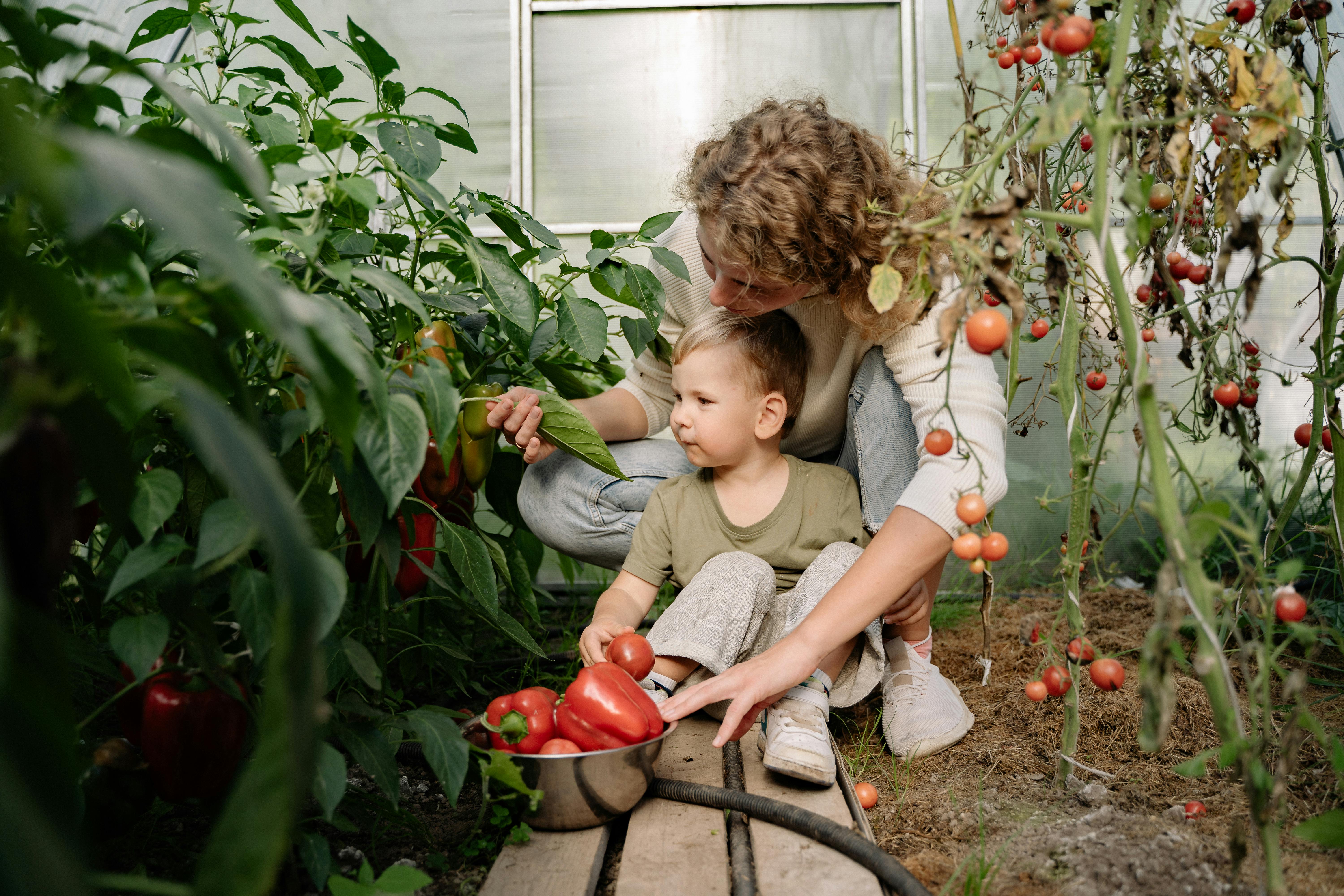Finding the right partner can be a complex journey that involves more than just meeting new people. Sometimes, the reasons behind not having a boyfriend yet are rooted in personal habits, mindset, and lifestyle choices. Understanding these factors can empower you to make meaningful changes and create opportunities for connection.
In this article, we explore fourteen significant reasons that might be affecting your dating life and provide practical strategies to move forward confidently.

Photo by Julia M Cameron
Making Yourself a Priority
One of the most overlooked reasons for not attracting the right partner is not prioritizing your own needs first. When you dedicate time to your personal growth, health, and happiness, you naturally become more attractive.
Start by setting boundaries that protect your time and energy. This might mean saying no to social obligations that drain you or carving out regular moments for self-care.
Investing in your passions and goals also builds confidence, which is magnetic to potential partners. Remember, a healthy relationship begins with a healthy relationship with yourself.
Developing routines that promote well-being, such as exercise, meditation, or creative hobbies, not only improves mood but also signals to others that you value yourself deeply.
Overcoming Fear of Rejection
Fear of rejection can create invisible barriers, stopping many from pursuing new relationships. This fear often stems from previous experiences or a lack of self-assurance.
To overcome this, start reframing rejection as a normal part of dating, not a reflection of your worth. Each experience is an opportunity to learn more about yourself and what you want.
Building resilience involves practicing vulnerability in small ways, such as initiating conversations or expressing interest openly.
Confidence grows with exposure, so consistently stepping outside your comfort zone will reduce anxiety and increase your chances of connecting meaningfully.
Adjusting Your Relationship Expectations
Often, people unknowingly set standards that are too rigid or unrealistic, which limits their dating possibilities. Expecting perfection in every trait can lead to constant disappointment.
Focus instead on core qualities like kindness, respect, and compatibility. This shift allows you to appreciate genuine connection over superficial ideals.
Write down what truly matters in a partner and distinguish between essential values and preferences. This clarity helps you stay open to meeting different types of people.
Remember that no one is flawless, and embracing imperfections can deepen intimacy and understanding in a relationship.
Increasing Social Opportunities
Limited social engagement restricts your chances to meet potential partners. Expanding your social circles through activities you enjoy can naturally increase opportunities for connection.
Joining hobby groups, attending community events, or volunteering can introduce you to people who share your interests.
Regularly participating in social settings builds your confidence and improves interpersonal skills.
Even casual encounters can lead to meaningful relationships when you approach them with openness and authenticity.
Healing from Past Relationship Wounds
Emotional scars from previous relationships can create subconscious blocks that prevent new beginnings. Whether from heartbreak or trauma, unresolved pain often manifests as fear or mistrust.
Seeking professional support through therapy or counseling can provide tools to process these feelings effectively.
Healing requires patience and self-compassion. Allow yourself the time to grieve and rebuild emotional strength.
Once healed, you can enter new relationships with a healthier mindset and clearer expectations.
Balancing a Busy Lifestyle
A hectic schedule can leave little room for dating. When work and responsibilities consume your time, social life often takes a backseat.
Prioritize your calendar to include dedicated time for social activities and potential dates. Treat these appointments with the same importance as work meetings.
Creating balance between productivity and personal life increases your availability and energy for relationships.
Using tools like shared calendars or reminders can help manage your time efficiently without feeling overwhelmed.
Moving On from Past Relationships
Lingering feelings for an ex or comparing new prospects to a previous partner can hinder emotional availability.
Reflect on what you’ve learned from past relationships and what you want moving forward. Closure is essential to prevent old patterns from repeating.
Opening yourself to new possibilities means consciously choosing to focus on the present and future instead of the past.
Journaling or discussing your feelings with trusted friends can aid in processing residual emotions.
Improving Communication Skills
Effective communication is the foundation of any strong relationship. Difficulty expressing thoughts and emotions can lead to misunderstandings and missed connections.
Practice active listening by fully concentrating on your conversation partner without immediately planning your response.
Express your feelings clearly and respectfully, using “I” statements to avoid blame.
Consider attending workshops or reading books on communication to develop these skills further.
Balancing Independence with Partnership
While independence is valuable, excessive self-sufficiency might create distance in a relationship. Partners need to feel needed and trusted.
Show vulnerability by sharing your needs and allowing others to support you.
Healthy interdependence strengthens emotional bonds and fosters mutual care.
Engage in collaborative activities and decision-making to build connection and trust.
Adopting a Positive Mindset Toward Dating
A negative attitude or skepticism about dating can repel potential partners. Approaching dating with curiosity and optimism makes the experience more enjoyable.
Focus on the opportunity to meet new people rather than the pressure of finding “the one” immediately.
Celebrate small successes like interesting conversations or learning something new about yourself.
Maintaining positivity can also help you navigate setbacks with resilience.
Clarifying Your Relationship Goals
Uncertainty about what you want in a relationship often leads to confusion and mismatched expectations.
Take time to reflect on your values, deal breakers, and long-term desires.
Being clear about your goals helps you communicate effectively and identify compatible partners.
Create a personal checklist or vision board to keep your priorities visible and top of mind.

Photo by Yan Krukau
By addressing these key areas, you can transform not only your dating life but also your overall sense of fulfillment and self-awareness.

Photo by Mikhail Nilov
Real-Life Stories of Growth and Connection
Sarah had always been deeply independent, excelling in her career but struggling to open up emotionally. After recognizing that her self-sufficiency was creating distance, she began sharing small vulnerabilities with close friends and eventually with a potential partner. This shift allowed her to build trust and intimacy, leading to a fulfilling relationship built on mutual support.
Meanwhile, James avoided dating due to fear of rejection after a painful breakup. He started attending social events with a friend, practicing initiating conversations without pressure. Over time, his confidence grew, and he embraced dates as opportunities to learn rather than tests to pass. Eventually, he met someone who appreciated his genuine openness and humor.
These examples highlight that growth in self-awareness, communication, and mindset can open doors to meaningful relationships.


